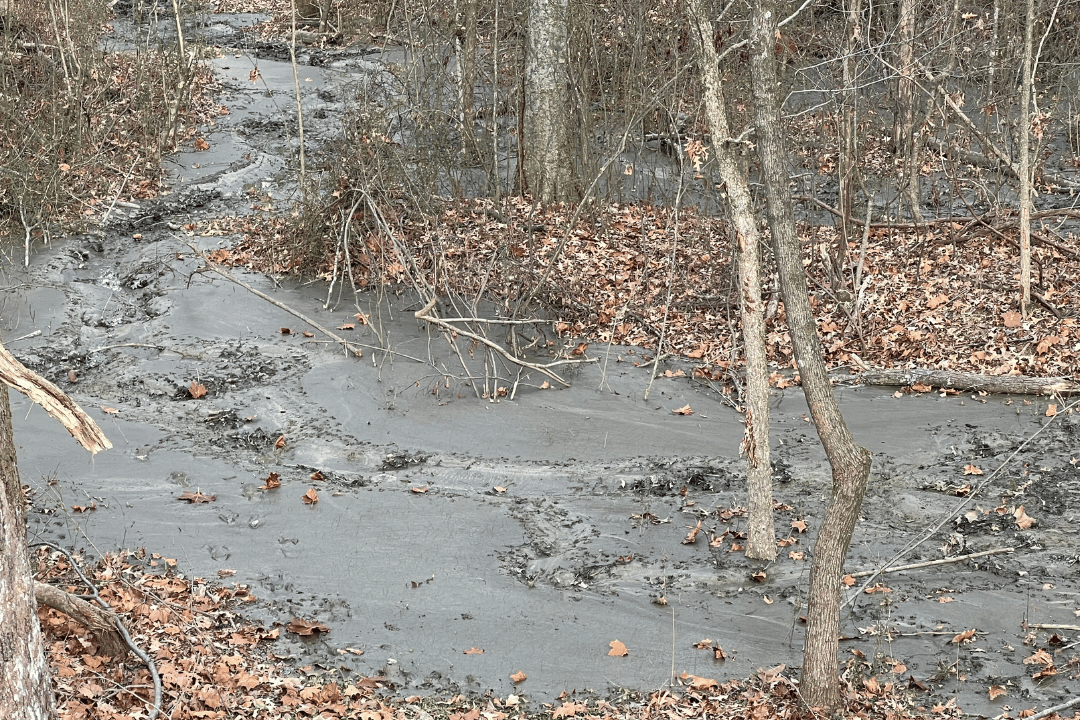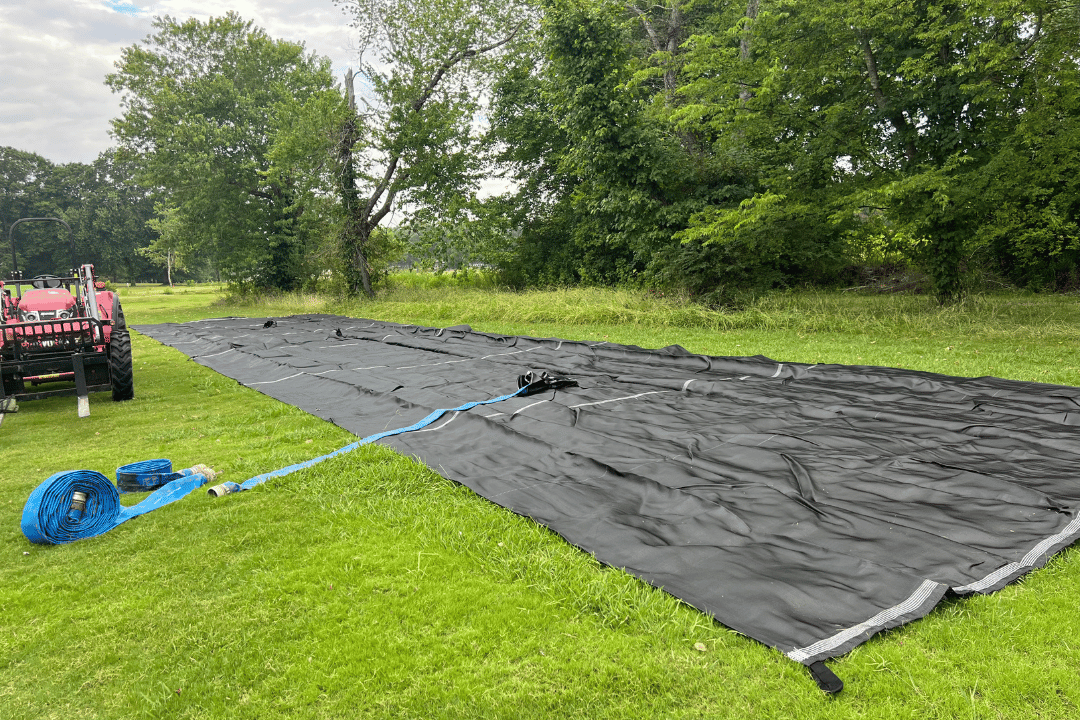Biological Remediation for Lakes and Ponds in Tennessee – Eco-Friendly Water Health Solutions
Many property owners prioritize maintaining the health and balance of ponds, lakes, and septic systems, especially when these bodies of water play a vital role in local ecosystems, recreational activities, or property aesthetics. Tennessee Aquatic Weed Removal proudly offers natural solutions to restore balance and health to our waterways.
Enhance Lake, Pond and Septic System Health with Biological Remediation
Biological remediation, also known as bioremediation, is an eco-friendly solution that helps improve the health of your pond, lake, or septic system by introducing beneficial microorganisms that naturally restore balance, reduce organic buildup, and enhance water quality. Our Tennessee-based team offers biological remediation services tailored to promote cleaner, clearer, healthier waterbodies, using only the highest-quality microbial products for long-term, sustainable impact.
What Is Biological Remediation?
Biological Remediation involves adding specific strains of beneficial bacteria and enzymes to your lake to break down excess nutrients and organic material. Over time, ponds and lakes can accumulate organic debris, nitrogen, phosphorus, and other nutrients that fuel algae growth and cause murky, foul-smelling water. Our bioremediation process uses a blend of naturally occurring microorganisms that effectively consume these excess nutrients and restore a healthy balance without the need for harsh chemicals.
How Bioremediation Works
Our biological remediation process starts with a thorough assessment of your pond or lake’s health. We analyze factors such as nutrient levels, water clarity, organic buildup, and the presence of algae or invasive plants. Once we understand the unique conditions of your lake, we apply a tailored blend of beneficial microorganisms that work in harmony with the existing ecosystem. These microorganisms begin breaking down organic waste and excess nutrients immediately, setting off a natural, self-sustaining cycle that enhances water quality over time.
Ready For A Healthy Pond?
Get in contact with us today!
How Our Dredging Process Works
Efficient, Environmentally Friendly, and Effective Sediment Removal
Our pond dredging process is designed to be both thorough and environmentally friendly, ensuring minimal disruption to your property and the surrounding ecosystem. Here’s what you can expect:
Step 1
Initial Assessment
We start with a detailed site evaluation to understand your pond’s current condition, the amount of sediment present, and any specific challenges. This helps us tailor our approach to your pond’s needs.
Step 2
The Dirty Work!
Our team uses advanced dredging equipment to carefully remove sediment and organic buildup. We ensure that the process is smooth and that your pond’s ecosystem is not harmed during the dredging.
Step 3
Sediment Disposal
We offer two sediment disposal options to suit your property and needs. Sediment can either be pumped to a designated area on your property or contained in dewatering bags for more controlled disposal.
Dredging Disposal Options
Pump Sediment Onto The Ground

For properties with open land or wooded areas, we can pump the dredged sediment directly onto the ground. This option is cost-effective and works well for large, rural properties where the sediment can be spread over an unused area.
Pump Sediment Into Dewatering Bags

Dewatering bags are a great option for sites with limited space or where you need to manage sediment more carefully. These bags contain the sediment while allowing water to filter out, making it easier to dispose of the dried material later.
FAQs
How long does pond dredging take?
The duration of pond dredging depends on the size of your pond and the amount of sediment to be removed. Most projects can be completed in a few days to a week.
How much sediment can you remove?
We can remove a significant amount of sediment depending on the pond’s depth and the volume of material present. Each pond is unique, and we tailor our approach accordingly.
Do you only services areas in Tennessee?
No, we proudly offer our aquatic management services throughout most of the Southeast.
When is the best time of the year to dredge a pond?
Dredging can be performed year-round, but the best time to dredge is during the drier or winter months when water levels are lower and easier to manage.
Will dredging affect the fish in my pond?
We take care to minimize disruption to fish and aquatic life during the dredging process. However, for heavily sedimented or small ponds, the aggravation of the sediment can cause temporary oxygen loss in the water, resulting in some fish to die.
What factors determine the cost of your services?
The cost depends on several factors, including the size of the pond or lake, the type and extent of vegetation or sediment, the equipment required, and whether any additional services like aeration or biological treatments are necessary.
Need Your Pond Dredged?
Get in contact with us today!
